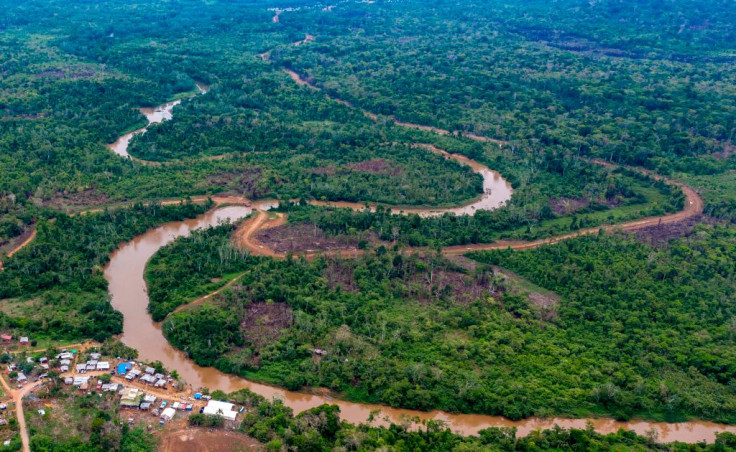
Migration through the Darién Gap dropped to nearly zero in June, with only ten people recorded crossing the treacherous jungle corridor from Colombia into Panama, according to latter country's national migration agency.
The figure marks the lowest monthly total since the pandemic and one of the smallest figures since the early 2010s, when the route saw minimal use.
"In Panama's Darien Gap, migrants are turning BACK before they even reach our border—only 10 migrants crossed in June," U.S. Homeland Security Assistant Secretary Tricia McLaughlin told Axios, attributing the drop to Trump-era policies. "The world is hearing our message that America's borders are closed to lawbreakers," she added.
Panamanian President José Raúl Mulino, however, has also claimed responsibility for the shift. In March he announced the closure of all migrant transit centers in the Darién region and pledged to shut down an operation dating back to 2016. "We will not allow more migrants in the Darién region," he said during a March press conference, citing a campaign promise.
The collapse in traffic follows record-breaking surges during the Biden administration. In 2023 nearly 520,000 people — many from Venezuela, Haiti, Ecuador, and China — crossed the Gap en route to the United States. August 2023 alone saw 82,000 crossings, contributing to a major spike in U.S.-Mexico border arrivals in the weeks that followed.
That total fell by 42% in 2024, with 302,203 crossings reported, the majority involving Venezuelan nationals fleeing economic instability. Despite increased deportations — 1,548 by mid-2024, according to Panamanian officials — many Venezuelans continued northward, aided in part by the lack of direct return flights due to diplomatic tensions between Panama and Venezuela.
The Darién Gap — a 60-mile stretch of dense, roadless jungle — has long posed a severe risk to migrants, with Human rights groups warning of violence, disease, and exploitation along the route. Entire villages once sustained by the migrant flow have seen economic collapse, and some Indigenous communities that shifted from agriculture to serving travelers are now struggling.
© 2025 Latin Times. All rights reserved. Do not reproduce without permission.









